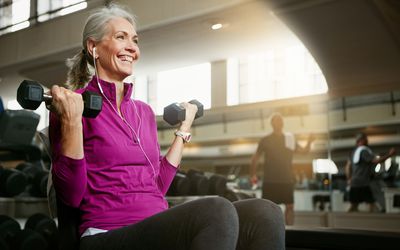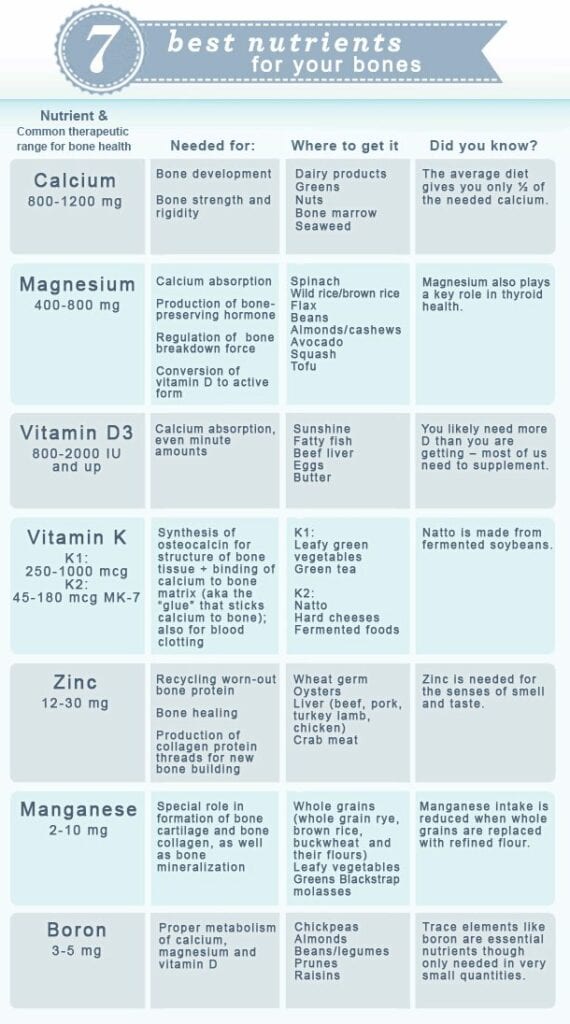
If you are a woman over the age of 60, there is a 50/50 chance that you have osteoporosis. The big deal with osteoporosis is that it makes your bones more fragile, and makes you more prone to fractures. If you break your hip when you are over the age of 60, there is a 50/50 chance that you will not walk again in your life. Treatments for this condition are not great so the best medicine is prevention!!
Your risk for osteoporosis increases if you are post-menopausal, have hyperthyroidism or parathyroidism, have low vitamin D or calcium levels, smoke, eat a diet high in protein (meat), abuse alcohol or drink 3 or more caffeinated beverages per day. Some people also have a genetic predisposition to get osteoporosis. Your risk is also increased if you are fair skinned, thin boned, do not exercise, have a diet high in fat, drink soda often, or take high doses of vitamin A or zinc. Having gastrointestinal issues is another risk factor since you may not be absorbing nutrients well.
Screening guidelines state that bone density testing (DEXA scan) should start at age 60 BUT there are many exceptions to this recommendation! Many people already have osteoporosis by age 60 and it is difficult to recover bone density at that point. If you started menopause before the age of 45 and have any other risk factor, you should get a DEXA scan earlier. If you have gastrointestinal disease or have had a gastric bypass, you should also get screened earlier as you are at increased risk. Since prevention is our best hope of keeping you healthy, it is a good idea to ask your doctor if you should be screened early.
All this sounds a little bleak – so many risk factors and it’s hard to treat. The good news is that there are many diet and lifestyle strategies we can use if we catch bone demineralization early or if we just practice good preventative medicine. We all think of calcium when we think about our bones but there are a handful of other nutrients that are important too – vitamin D, magnesium, zinc, boron, vitamin K and manganese. Hormone balance especially after menopause and weight bearing exercise that puts some strain on our bones (reminding them we need them to be strong) are also important parts of the puzzle.
If you have been diagnosed with osteopenia or osteoporosis, or think that you are at increased risk, schedule a consultation to come in and discuss your options for healthy aging.

